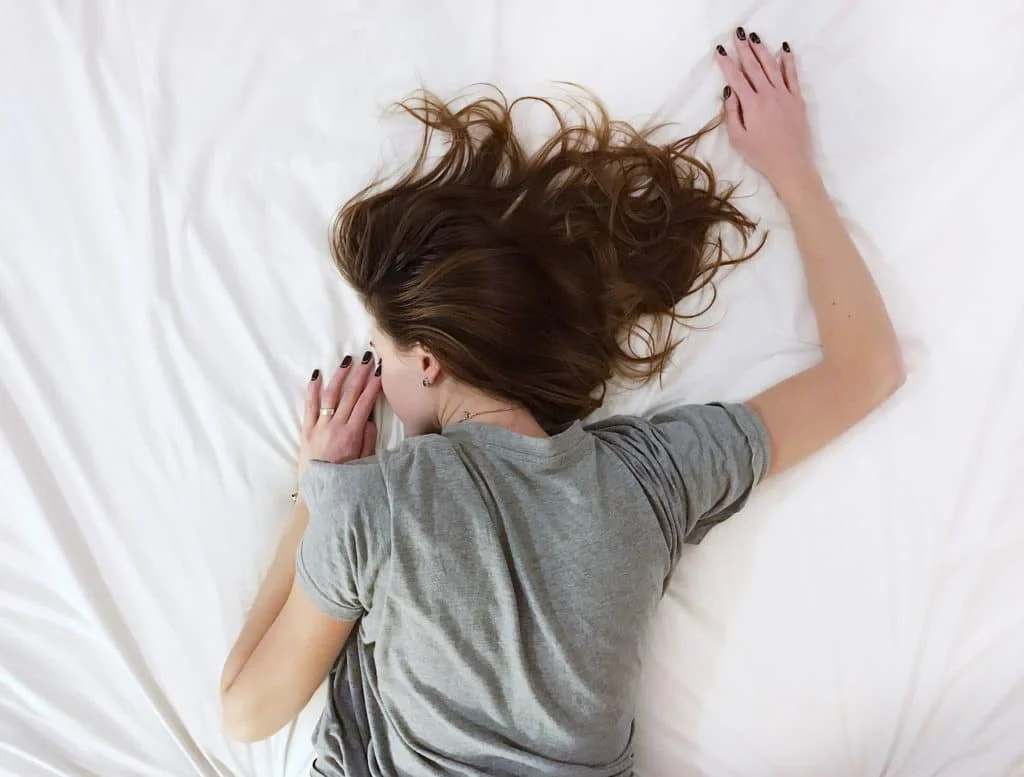It’s 11 p.m. and you have to be up in exactly eight hours. It’s bedtime. On your way upstairs, you decide to do one last Twitter check. And then an email check. And then some Facebook stalking. Suddenly, it’s 2:30 in the morning and you’re standing in your bathroom, toothbrush in hand, wondering why you always do this to yourself.
If this sounds familiar, then you’re a bedtime procrastinator. And I feel your pain, because I am, too.
Bedtime procrastination has been defined by researchers at Utrecht University in the Netherlands as “failing to go to bed at the intended time, while no external circumstances prevent a person from doing so.” It’s not that you can’t fall asleep; it’s that you won’t even go to bed.

I asked some of the friends I see posting on social media late at night and early in the morning what keeps them up. Some can’t bring themselves to stop binge-watching. Many reported that it’s reading about current events that delays bedtime. And all of the parents I spoke with felt the late-night and early-morning hours when they should be sleeping are their only “me time,” even at the expense of being bleary-eyed at breakfast.
We all know this is bad for us. After all, not getting enough sleep can affect our immune systems, increase our chances of developing heart disease or cancer, lower our libidos, increase our weight, and affect our processing skills and memory. So how do we break the habit?
- Julie Gray, PCOC, PCC, plans her day backward, first calculating what time she wants to be in bed and then figuring out when in the evening she needs to stop working in order to get enough decompression time to make that happen.
- Try establishing pre-bedtime rituals that signal your brain and your body that it really is time to go to bed. A cup of tea or a warm bath can help put your body in wind-down mode.
- Make a list of the things you find yourself doing when you’re procrastinating at bedtime, and then correct those repeated behaviors first. For example, if it’s reading the news that always keeping you from going to bed, consider implementing a no-news-after-9 p.m. rule.
- Because the blue light being emitted by our digital devices suppresses melatonin, the National Sleep Foundation recommends giving yourself at least half an hour of screen-free time before bed. (If, for some reason, you can’t or won’t give up pre-bed screen time, do as my therapist recommends and get a pair of blue light-blocking glasses to help mitigate the effect. You can get a non-prescription pair for under $10 from many online retailers.)
I’m trying to end my own bedtime procrastination habits, and I’ll admit it’s not easy. But on those nights when I do go to bed on time and get a good night’s sleep, I’ll admit to feeling a significant difference in how I feel during the day. So let’s learn together to turn off the TV and go upstairs like we planned, straight to bed without another distraction.

























